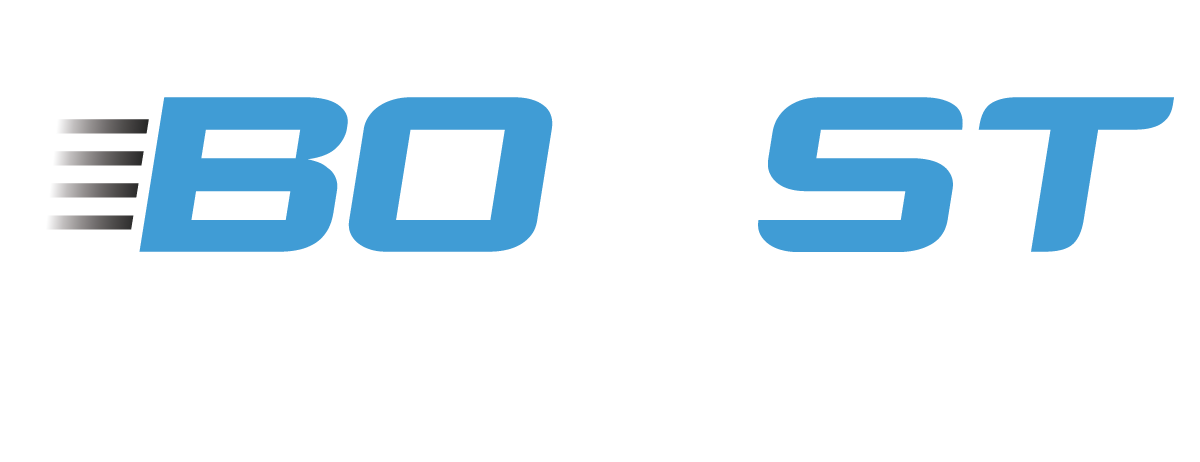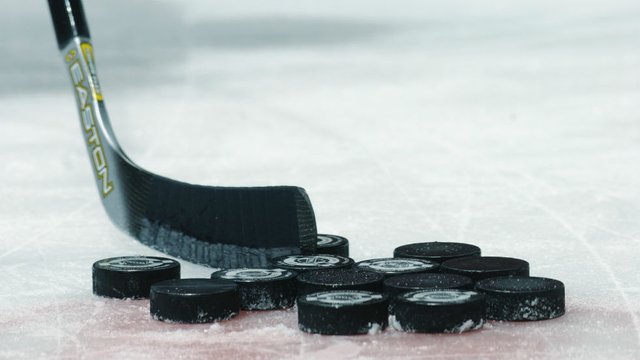As I’ve said before on this blog, regrets suck.
No one ever wants them, but the reality is that most people have regrets about a few things in their life.
When it comes to hockey, I (thankfully) don’t have many regrets, but there is one thing that stands out quite a bit for me.
My individual skill development.
To put it simply, I regret not putting more time, effort, and work into improving my individual skills.
When I think back to my playing days that’s the one area that I had control over and could have done a lot more, but didn’t.
That’s not to say that I was lazy or didn’t work hard, it’s just simply pointing out the fact that I didn’t have a plan for how to get better when it was outside the season, or even just outside of regular practice.
My off seasons consisted of me playing pick up hockey and trying to gain weight and get stronger for the next season. While incredibly valuable, I wish I would have done more besides focus most of my energy in the gym.
I wish I would have had a plan to focus on improving my stick handling, puck control, and shot. Looking back, I know it would have helped my playing career immensely.
The other thing that eats at me a little bit is that it was all things that I could have worked on by myself or with limited space or resources.
I know it sounds cliche, but shooting 100 pucks a day would have really helped my game. Just like working on my hands would have.
In my time being a coach, it’s given me a different perspective and angle on the game.
It’s really hammered down the point that being really good at the simple skills of the game are incredibly valuable. Not only does it help on the ice from a skill standpoint, but it also dramatically helps the mental side of the game too.
The more confident you are with the puck on your stick, the more confident you’re going to be in general when it comes to the game. And like we’ve talked about before, confidence is vital to the success of hockey players.
The other crazy part of this (and I’m guilty of this too as a coach) is that as we get older, we start to focus so much of our practice time on team development that we forget to focus our time on the skill component.
It’s crazy that all the sudden we feel like we get to the Bantam age group and above and we don’t need to worry about our skills anymore because “we already learned how to do that.”
Our skills as hockey players are improved through repetition.
It makes sense when you stop and think about it.
If you want to shoot the puck better, you need to shoot more pucks.
If you want to handle the puck better, you need to work on your stick handling and body control.
I believe players that constantly become more skilled in their craft are going to make better overall hockey players, thus help make their teams better.
My job as a skills coach has only emphasized this point even more. I joke with players all the time that I haven’t played a competitive hockey game in over 10 years but I’m 10x better now than I used to be when I played.
Most of them give me a smirk and think I’m kidding, but it’s true.
The main reason is because my individual skill is so much better now then it ever was when I actually played.
Why is that?
Because I work on it everyday.
I’m lucky that I get to coach hockey and be on the ice everyday.
With being a skills coach I get to work on my passing, stick handling, and shooting everyday with clients and in turn my individual skill and confidence with the puck has never been better.
So what’s the point of all this?
You don’t have to reinvent the wheel with your training to get better.
Create a plan and trust the process of becoming as efficient as you can at mastering the basic skills of the game.
Dedicate yourself to shooting pucks, stick handling, and improving your skating and I guarantee you’ll be heading in the right direction.
Players, take the advice from me that you don’t need a ton of space or guidance on what you can be working on. If you want to be better, find a way to shoot more pucks and improve your hands.
Coaches, don’t forget about the skill development component of the game. We all get wrapped up in working on things like 2 on 1’s, but would it help your team more in long run if you had players that could handle the puck better, make better passes, and finish with better shots? Remember that hockey is a simple game, and the teams that can be the best at the simple habits are usually the most successful.
Keep working hard and focusing on the things you can control.










